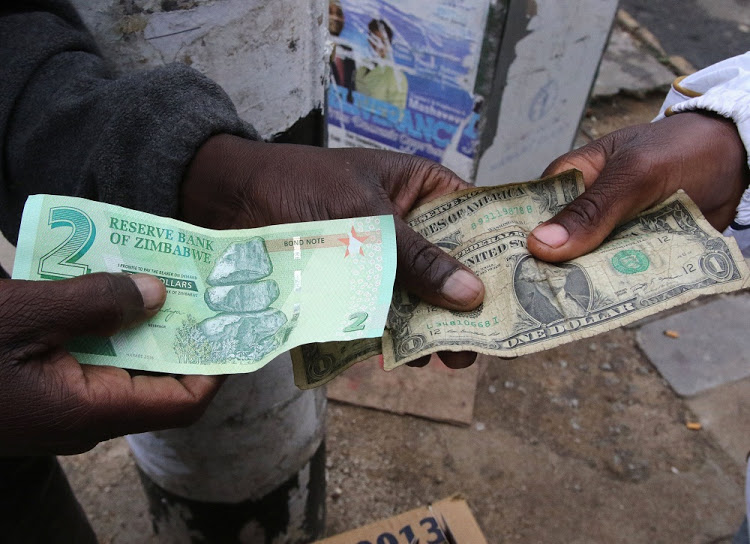By Tafanana Kwedu
Government’s interventions to curb illicit money activities outside the formal banking system are paying dividends as evidenced by a drop in inflation figures and exchange rate stability, an official has said.
Among other interventions government through the Reserve Bank of Zimbabwe (RBZ) banned eco-cash agent lines, limited the amount of money that can be held in mobile money accounts and re-introduced the foreign currency auction system.
Johns Hopkins University in Baltimore Economist, Prof. Steve Hanke said the country’s inflation was set to drop even further by year end.
“The ZANU-PF's crackdown on underground currency trading has caused inflation in Zimbabwe to drop significantly. Using high frequency data and sound science, I measure Zim's inflation to be 452% per year, almost 300 percentage points lower than the official rate once fixed at $25 to the greenback.
"Experts play fast and loose with the term ‘hyperinflation’. Every day, we read that Iran, Zimbabwe, and Venezuela are hyper inflating. Wrong. Venezuela and Lebanon are the only countries experiencing hyperinflation today,” he said.
The local currency was floated four months ago with the introduction of a foreign currency auction and in the first two and half months largely depreciated as the market sought to establish its true value.
However, in what is a show of firmness and market confidence in the local currency, the dollar has largely been constant against the United States dollar for more than 40 days.
The Zimbabwean dollar this week marginally appreciated for the sixth straight week against the greenback, closing the weekly auction at $81.34.
Last week it traded at $81.44.
Hanke is a professor of Applied Economics at the Johns Hopkins University in Baltimore. He is a senior fellow and director of the Troubled Currencies Project at the Cato Institute in Washington, D.C.




